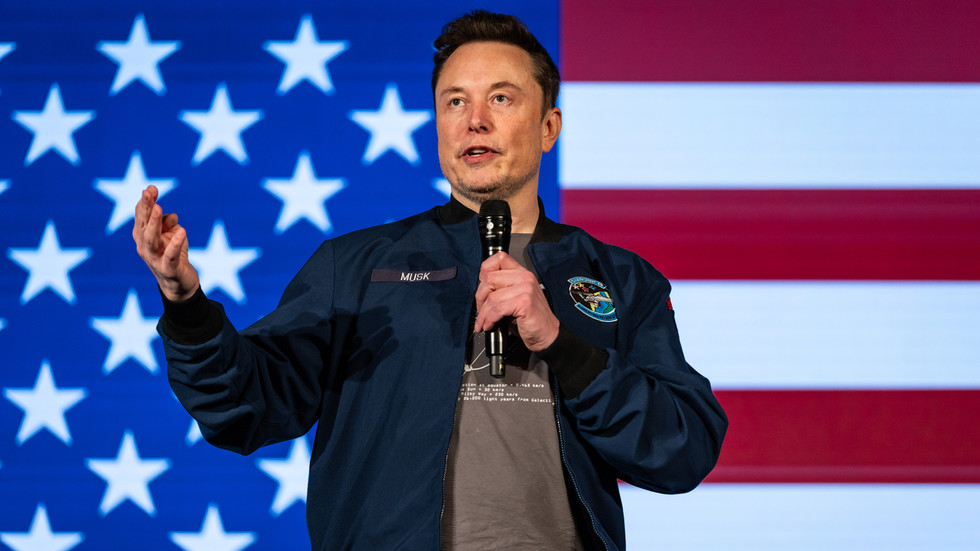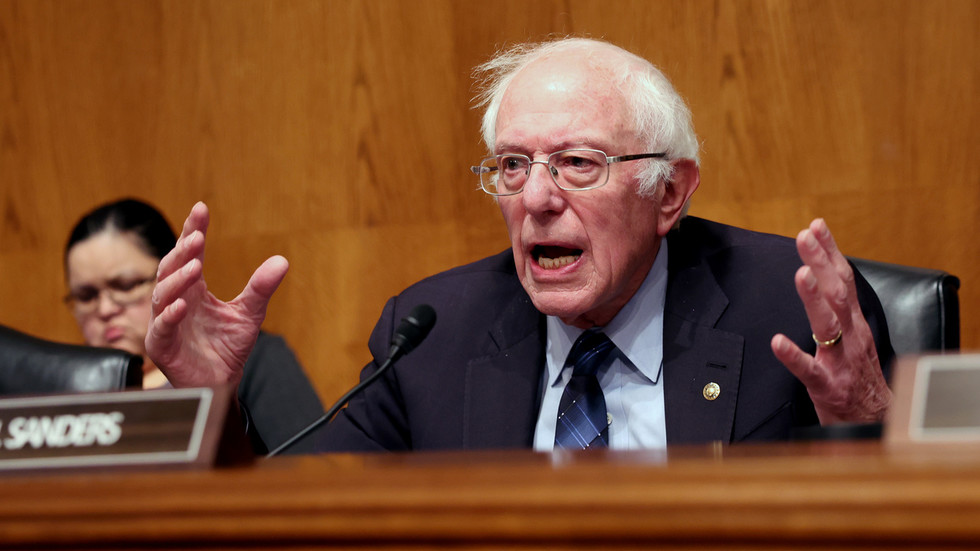The five-year gas transit deal between Russia and Ukraine expired on Wednesday as Kyiv refuses to extend the deal amid war.
Published On 1 Jan 2025
Russian natural gas exports via Ukraine to several European countries have been halted after Kyiv refused to renew a transit deal that expired on Wednesday.
Ukraine had warned that it would not renew the five-year transit deal amid the ongoing military conflict with Russia.
“We stopped the transit of Russian gas. This is a historic event. Russia is losing its markets, it will suffer financial losses. Europe has already made the decision to abandon Russian gas,” Ukraine’s Energy Minister German Galushchenko said in a statement.
Russia’s energy giant Gazprom said gas exports to Europe had been halted from 8am Moscow time (05:00 GMT) as the transit deal had expired.
“Due to the repeated and clearly expressed refusal of the Ukrainian side to renew these agreements, Gazprom was deprived of the technical and legal ability to supply gas for transit through the territory of Ukraine from January 1, 2025,” Gazprom said in a statement on the Telegram messaging app.
Ukraine pumps Russian natural gas through its territory to several European countries, including Slovakia, Moldova and Hungary.
Slovakian Prime Minister Robert Fico, who has been critical of the European Union’s support to Kyiv, last week travelled to Moscow to meet Putin anticipating a stoppage of the gas flow.
On Friday, Fico said his government would consider reciprocal measures against Ukraine such as halting backup electricity supplies if it stopped the gas transit.
“Accepting the unilateral decision of the Ukrainian president is totally irrational and wrong,” Fico pleaded in a letter to Brussels, decrying “a major financial impact in a complicated economic period”.
The situation is at its most critical in Moldova, which borders Ukraine and has to contend with Russian-backed separatists at home.
The tiny nation had already introduced a 60-day state of emergency earlier this month in anticipation of Kyiv’s expected cut.
The shutdown of Russia’s oldest gas route to Europe ends a decade of fraught relations prompted by Russia’s seizure of Crimea in 2014.
The European Union redoubled its efforts to reduce its dependence on Russian energy after the outbreak of the military conflict in Ukraine in 2022 by seeking alternative sources.
Russia still exports gas via the TurkStream pipeline on the bed of the Black Sea.
Hungary – which like Slovakia has remained friendly to Moscow – receives most of its Russian gas imports via the Black Sea pipeline. As a result, Budapest will remain largely unaffected by Ukraine’s decision.

 2 days ago
4
2 days ago
4










 English (US) ·
English (US) ·